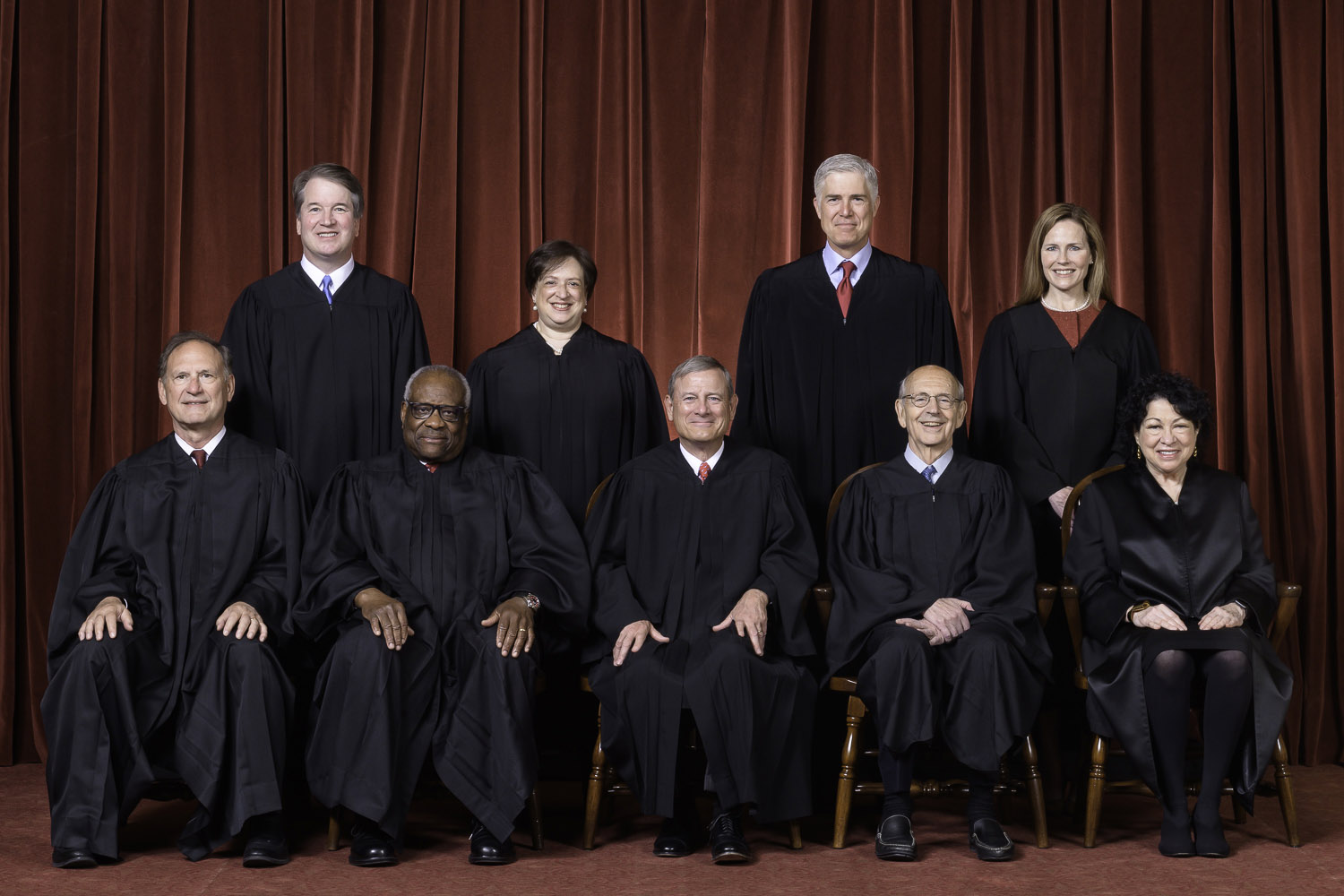The Supreme Court of the United States has some of the biggest and most important responsibilities within our democracy. As one of the three branches of government, they hold an important role in making sure the legislative and executive branches operate within the bounds of the Constitution. That's how they contribute to the system of checks and balances, which prevents one branch of government from becoming too powerful. In order for the Supreme Court to be the best that it can be, it's essential that they have the best possible justices at all times. The fate of many people, as well as the fate of the future of the United States lays in their hands. It is the Supreme Court that helps the United States maintain its democracy by making sure things are done fairly; they're the referees of the United States government. That's no easy job, to say the least.
I was astounded to learn the huge number of cases the court reviews versus the number of cases they decide to hear. They hear less than 100 cases each year out of the many thousands of petitions they receive and review. This was definitely the most surprising thing I learned. In the video, the snippet that stuck with me was the worker pushing the large trolley full of case files down the hallway. Seeing a visual representation of the overwhelming number of cases that needed to be reviewed helped nail down the idea of just how much work is required to sift through and select each case. The process of Certiorari gives the Supreme Court enough time and energy to focus directly on the cases they choose rather than being forced to hear the many thousands of cases they receive per year.
I found it fascinating that they all shake hands with each other at the start of each day. While it might seem tedious and repetitive, it's important that the people in charge of the highest court in the country have great chemistry with one another. For me, it caused me to have a greater respect for the justices and the job that they do. In a life-long position of power, it would seem easy for justices to get ahead of themselves and overstep their boundaries, but by getting to personally know each justice, it forces them to hold each other accountable, like a mini system of checks and balances between the justices.
The most important takeaway about the Supreme Court is that it does its jobs fairly, without bias, nor other agendas. Once appointed to the Supreme Court, justices get lifelong terms in order to prevent any influence of possible election year outcomes. Their jobs are almost never in jeopardy as long as they maintain the expectation of fairness. The Supreme Court keeps a steady eye on the rest of the government, as well as the citizens of the United States. The job they have holds a super heavy weight in maintaining our democracy.


No comments:
Post a Comment